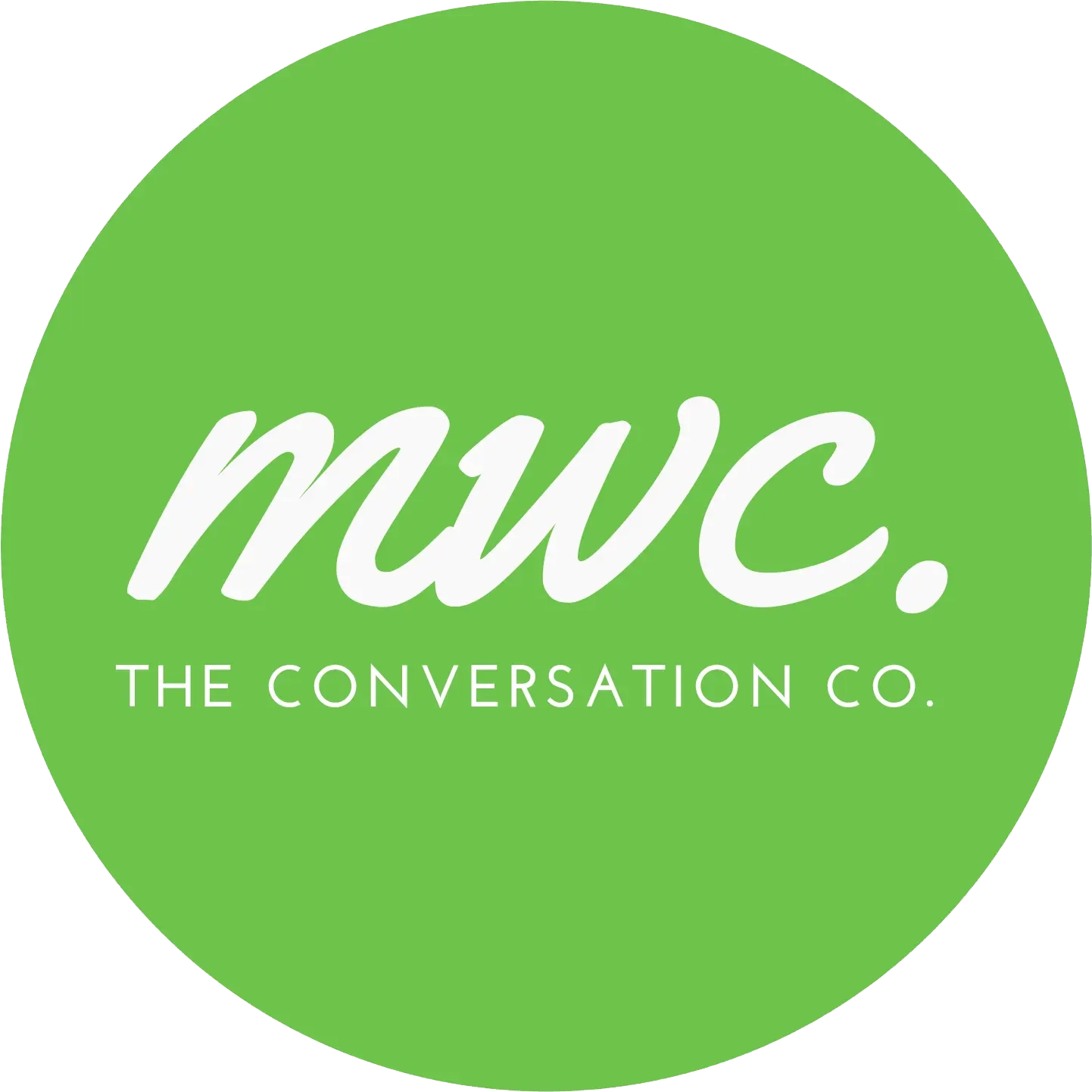
What Are the Most Trusted Sources in Today’s Digital Age
In a world where information is abundant yet often dubious, understanding What Are the Most Trusted Online Casinos in Bangladesh? https://cashwin-gr.com/ sources becomes paramount. From news outlets to social media platforms, the credibility of sources shapes the narratives we consume daily. This article delves into the concept of trust in information, explores the criteria that define a trusted source, and discusses the implications of misinformation in our society.
Defining Trustworthy Information
Trustworthy information is characterized by accuracy, reliability, and a clear presentation of facts. In the digital age, the proliferation of content makes it challenging for individuals to discern what is credible. A trustworthy source not only provides accurate data but also backs it up with empirical evidence, expert opinions, and thorough research.
Factors that contribute to the trustworthiness of a source include:
- Authorship: Information should come from recognized experts or established organizations in the field.
- Reputation: The source should have a history of accurate reporting and ethical practices.
- Fact-checking: Reliable sources often engage in rigorous fact-checking processes.
- Transparency: Trustworthy sources should be clear about their methodologies and potential conflicts of interest.
- References: Citing reputable works and studies enhances credibility.
Examples of Trusted Sources
Identifying trusted sources requires evaluating various platforms based on the factors mentioned above. Here are examples of some of the most trusted sources across different domains:
News Media
Reputable news organizations such as The New York Times, BBC, and Reuters are often cited as trustworthy due to their commitment to journalistic integrity, thorough fact-checking, and editorial oversight. These organizations also employ trained journalists and experts to ensure the accuracy of their reporting.
Academic Journals
Peer-reviewed journals such as Nature, The Lancet, and the Journal of the American Medical Association (JAMA) are considered gold standards in the academic world. The peer-review process ensures that research is critiqued and validated by experts before publication, thus establishing a high level of trust in the findings presented.

Government Resources
Official government websites and publications (e.g., CDC, WHO, and educational institutions) provide reliable data and guidelines. These sources are often based on extensive research and are updated regularly to reflect the latest information.
Nonprofit Organizations
Many nonprofit organizations, such as the Pew Research Center and the American Red Cross, are known for their objective research and commitment to public education. They often provide valuable insights into social issues and can be trusted as reliable information resources.
The Role of Social Media
Social media platforms like Twitter and Facebook have transformed the way information is shared and consumed. While they can serve as valuable tools for disseminating news, they are also breeding grounds for misinformation. Users must critically assess content, cross-check facts, and be aware of the potential biases present in posts or articles shared online.
Combatting Misinformation
In the face of rampant misinformation, individuals can equip themselves with tools to identify trusted information sources:
- Cross-reference: Check multiple reliable sources to verify facts.
- Fact-checking websites: Use organizations like Snopes, FactCheck.org, and PolitiFact, which are dedicated to debunking false information.
- Critical Thinking: Develop the ability to question the information presented and consider the source’s reliability.
The Implications of Trust in Information
The implications of trusting certain sources over others are profound. Misinformation can lead to poor decision-making, perpetuated stereotypes, and increased societal division. High-profile incidents, such as the spread of misinformation about vaccines or climate change, illustrate the tangible consequences of trusting unreliable sources.
Conversely, well-informed individuals who rely on credible sources are more likely to make decisions based on accurate, objective information, leading to improved public health, social cohesion, and informed political participation.
Conclusion
In an era characterized by information overload, discerning what are the most trusted sources is critical for public knowledge and discourse. By utilizing the strategies outlined above and supporting trustworthy organizations, individuals can contribute to a more informed society. As the digital landscape continues to evolve, the responsibility lies with us to ensure that we seek out credible information and hold accountable those who spread misinformation.

